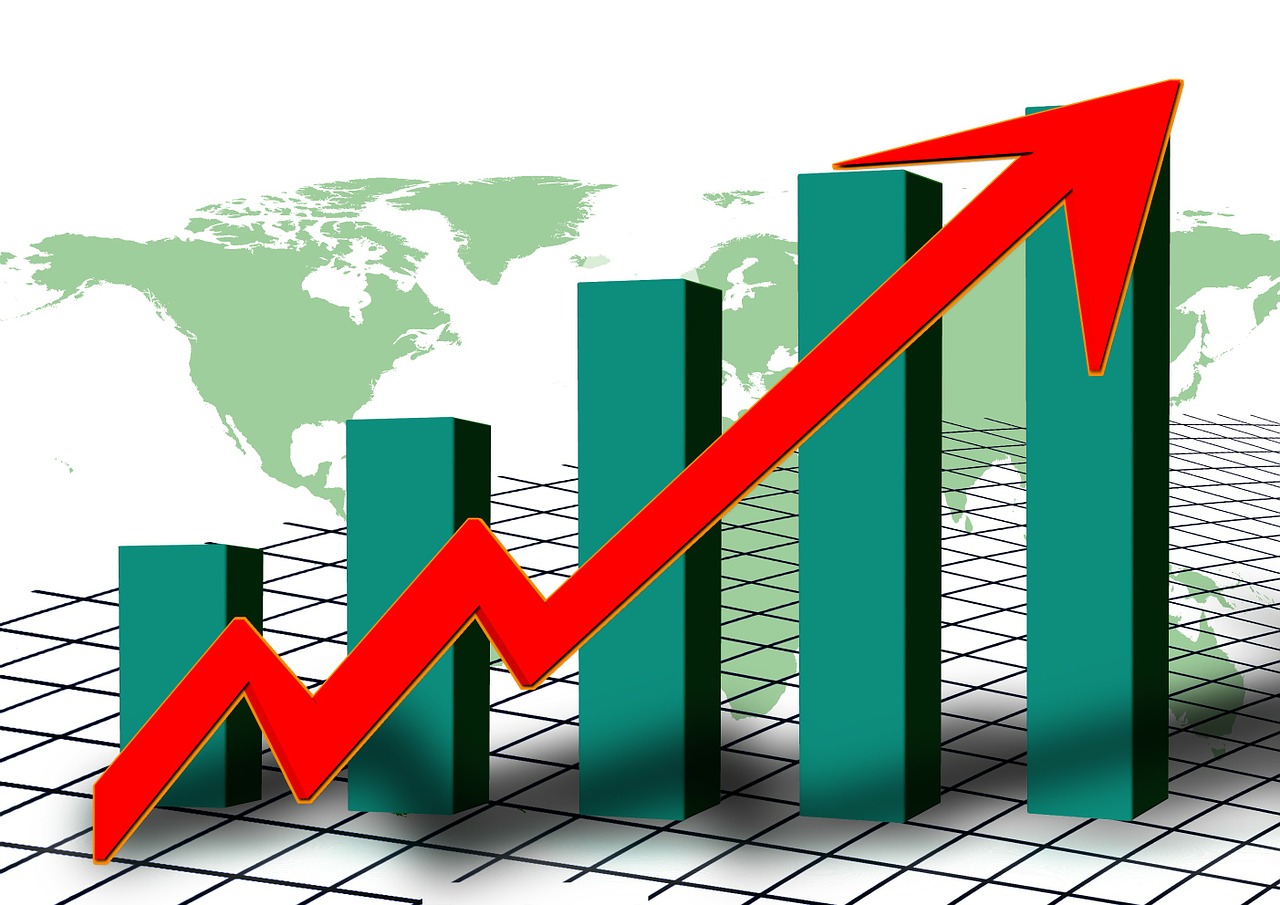ESG review published by Institutional Shareholder Services Inc. (ISS) revealed that the share of companies being assessed as “good” or “excellent” has risen from 17 percent in 2018 to 20.5 percent this year. The report also showed that the group rated with medium or excellent performance includes more than 67.5% of covered companies in developed markets, representing an all-time high over the 11-years of history of the report. Similar patterns are observed among companies in emerging markets, albeit at a lower level.
Meanwhile, Norm-Based Research, which identifies significant allegations against companies related to the breach of established standards for responsible business conduct, observed a more than 40 percent rise in the number of reported controversies across all ESG topics. This exemplifies a growing misalignment of corporate practices with stakeholder expectations based on the UN Global Compact and the OECD Guidelines for Multinational Enterprises.
Robert Hassler, Managing Director with ISS ESG, stated: “The positive developments highlighted in this report notwithstanding, there is still a long way to go as reflected in the increase number of controversies.”
He added: “In many respects, however, this is not surprising and stems from both corporate failures to prevent and mitigate harm and growing public awareness and scrutiny of corporate activities and escalating standards around responsible business conduct.”
ESG Review 2019 is an annual analysis of the stated of adherence by companies across the globe to ESG criteria. Scores are scaled according to four levels—Poor, Medium, Good or Excellent. Based on segregation of sectors, Household & Personal Products occupies the highest share of “good” to “excellent” performance companies, followed by Semiconductors and Electronic Devices & Appliances. Food & Beverages, Oil, Gas & Consumable Fuels and Retail are sectors with the least proportion of good to excellent performance.
41% of the assessed companies have “positively” contributed to the United Nations Sustainable Development Goals (SDG) through their products and services, while 8% of the companies have contributed to a “significant” extent. Oppositely, 27% of the accessed companies produce items that are deemed as hindering the achievements of the SDGs.
The 609 corporates received a Prime rating (with a good to excellent performance) are viewed as leaders in terms of the climate strategy. More than 70 percent of these firms have set either an absolute or an intensity-based target to reduce their greenhouse gas emissions. A scenario analysis of a portfolio consisting of all 609 of these Prime-rated companies which focuses on future alignment with a 2 degree Celsius average global warming reveals that the Prime portfolio remains 2-degree compliant until 2050.



